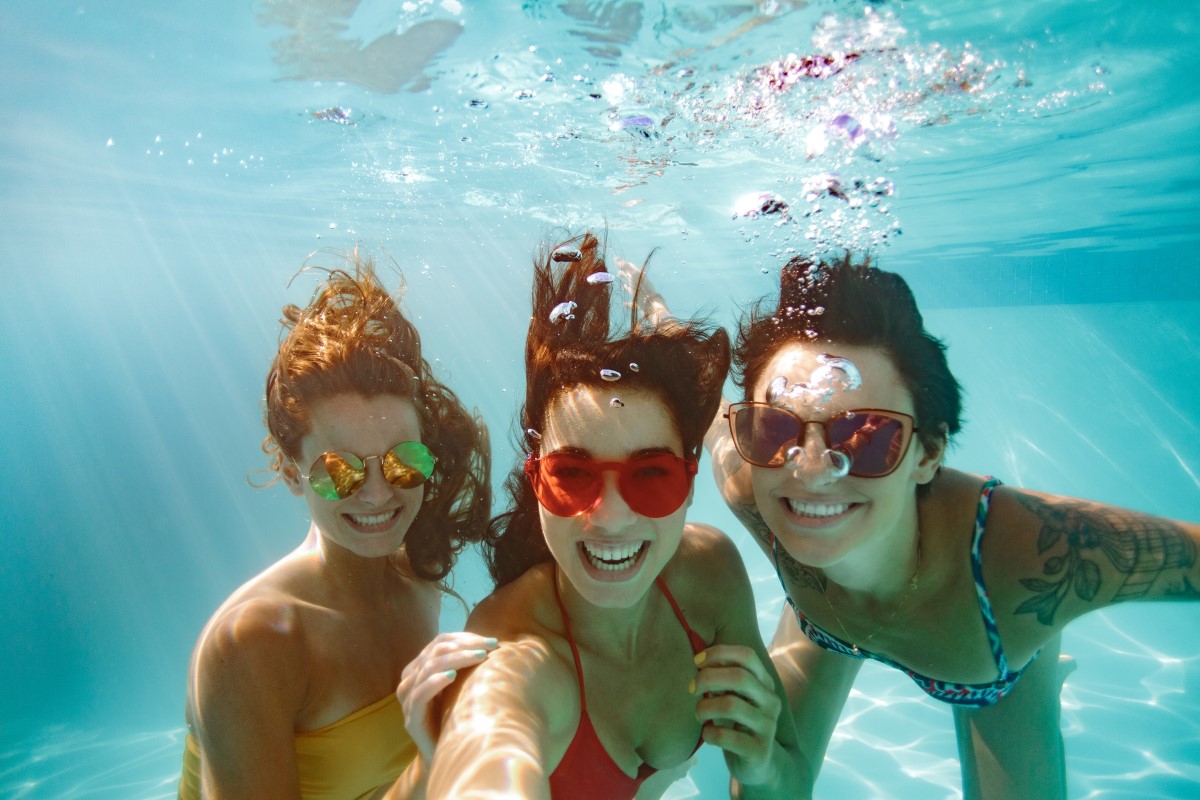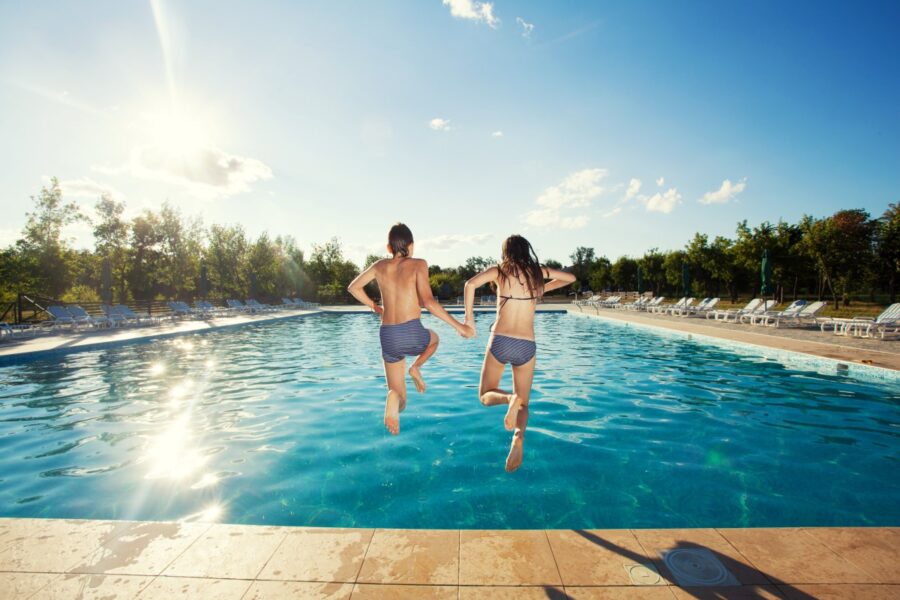
Sports are great for our health, well-being, social networks and sense of social connectedness. Organized sports help children and adults grow and gain a sense of achievement while building teamwork, leadership, problem-solving, decision making and communication skills. Sports also allow us to channel our energy, competitiveness and aggression in socially beneficial ways. Improving health through sport and other forms of physical activity may reduce future healthcare costs and build lasting fitness habits while combating the growing problem of obesity.
Swimming offers physical and health benefits. You can also improve your mental health and gain confidence through sport by swimming. Read on to learn more about how you can gain confidence through swimming and become a happier, healthier person.
Confidence is based on having good feelings about yourself and generally liking yourself. It’s all about believing in yourself and realizing you’re capable and prepared to try. You should also know you matter and where you fit within your family and the world. Finally, it’s the result of feeling valued, wanted and respected.
Why is confidence important to have?
Once people have confidence, they can try new things and explore their world. They can also cope better when things go wrong because they believe they can make good choices. Nothing builds confidence more than a person being able to say to themselves, “I can really do that!”
Swimming is confidence building at any life stage!
The confidence you learn through swimming (or any other sport) affects all areas of your life. You can build confidence at any stage in your life, but learning as a child is ideal. Children are developing and growing so their minds are more malleable. Signing kids up for swim lessons at a young age can give them confidence for life.
Independence and confidence go hand in hand. As a person becomes more independent, they become more confident! Independence is important to establish with children. Often as adults, we offer kids over-assistance. It’s important to let kids make their own choices and mistakes to learn from them. There’s helping. Then there’s helping too much; it’s a tricky line parents must stay conscious of to avoid overstepping.
The social aspect of swimming helps with building confidence too. Water has always been a place of social interaction for humans. Lakeside, oceanside or poolside are great places to gather with friends and family. Socializing leads to better mental health and gives us a chance to develop our social skills in a casual setting.
When you learn to swim in a class or on a team, you learn to rok with others. You learn from an instructor and help others learn. Swimming teaches you to work together to meet your own and team goals. These communication skills carry to all aspects of your life.
How to build confidence through swimming
In addition to independence and socialization, you play in role in boosting your self-confidence. Swimming provides people with opportunities to:
Overcome fears…
If you are afraid of water, losing control, change or have social anxiety. Swimming can help you overcome your fear, whatever it may be. The most difficult fear to overcome when swimming is of water itself. You can do it too! All it takes is perseverance, patience and practice. Once you overcome your fear, you will feel more confident; it will enable you to take on almost anything as long as you put your mind to it.
Set goals and meet them…
Depending on the swimmer’s age and physical condition, their goals differ from their peers. Swimming focuses on the individual. Feeling a sense of accomplishment and achievement is extremely important for our psyche. When you set a goal and meet it, you begin to believe you can accomplish it and begin forming a sense of achievement. That’s an integral part of the “I can really do that” attitude!
Learn how to overcome obstacles…
Having goals and meeting them makes you feel a sense of accomplishment when you can handle the unknowns. When life throws you an obstacle, you aren’t always prepared to handle it. However, you can learn to overcome feeling unprepared and instead become adaptable. When learning or playing a sport, you may encounter different types of obstacles. They might be physical, mental or emotional; an obstacle might involve your team or teammate (emotional), failure to get a swim stroke down right away (Mental) or being in an overcrowded pool (physical).



